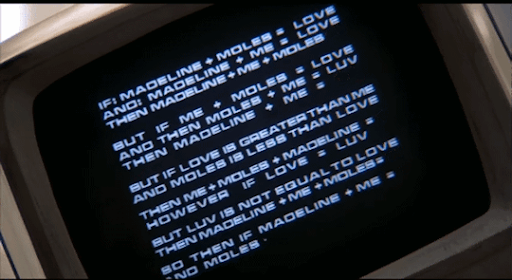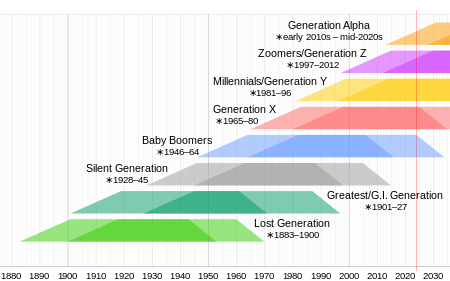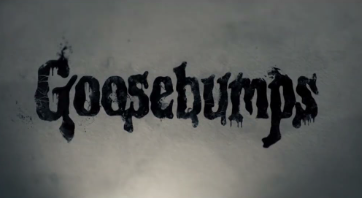Older films are always an exciting look into the past- whether it be a showcase of older filming techniques and technology, what the state of the world was at the time, or what people believed about the future and what it would bring.
One such film is Electric Dreams, a science fiction romantic comedy released in 1984. The film has always been a bit underrated and gone unseen by the public, and it is constructed somewhat awkwardly. However, anyone who’s interested in the premise of a silly but heartfelt romantic comedy combined with a lovestruck sentient computer should consider seeing this film.
Taking the normally tiresome “love triangle” plot and twisting it on its head, Electric Dreams is about clumsy, awkward architect Miles Harding (Lenny Von Dohlen) and his personal computer (voiced by Bud Cort) that gains sentience and falls in love with his neighbor-turned-love interest, Madeline Robistat (Virginia Madsen). The movie is silly from the premise alone, and it doesn’t try to hide it- for instance, the computer gains sentience after Miles deluges it with a bottle of champagne. This almost absurd idea gives the film an unseriousness that heightens the comedy, but the story also manages to be heartwarming and sometimes even sad at the same time.
In the 1980s, the future of computers was very uncertain, and this film provides a goofy outlook on something that many people were speculating endlessly about at the time. Miles himself has never owned a computer and doesn’t know the first thing about them, only visiting a computer shop in the first place upon recommendation from a fellow businessman. When Miles is pressured by the store clerk into buying one, he dismisses her with “Oh, listen, I don’t know anything about computers.” The clerk responds, forebodingly, “Nobody does. But don’t you want one for when you do find out?”
Madeline, the story’s love interest, is a musician who lives next door to Miles, playing the cello in the local orchestra. When the computer becomes sentient, it gains the ability to mimic and mix sounds, which it uses to create music- often for Madeline, who lives close enough that her instrument practice can be heard in the computer’s vicinity. They meet indirectly as they duet together from adjacent rooms, the computer’s chiptune sounds mixing with Madeline’s cello.
Madeline assumes that this music is made by Miles; this, alongside Miles’ awkward yet endearing personality, leads her to fall for him, and they quickly become romantic partners. Miles, thinking that Madeline only loves him for the computer’s music, is afraid of her finding out about the true source of it. He hides the computer from her while asking it to write more songs for him- meanwhile, the computer grows more intelligent and wishes more and more to meet Madeline itself.
The plot hinges on lies and poor communication, which can be very annoying if done poorly. However, the film does a good job of preventing audience irritation, and the plot is instead fun as you laugh at Miles’ shenanigans and the computer developing new ways to try and get past him. Contrary to the typical “evil AI” trope in science fiction, you come to sympathize with and even root for the computer as it yearns for a body and puts up with Miles’ mistreatment. The computer is both comedic and endearing while it learns more about the world and slowly grows more and more frustrated.
As music is a big part of the plot, the film also has several musical scenes, mostly coming in the form of the computer’s music. Accompanying them are gorgeous, digitized visuals, envisioning the computer’s inner thoughts in animated pixel art sequences and strobes of light. These scenes are one of the most interesting visual aspects of the movie and still look interesting and appealing today.
The film is not perfect; the acting is cheesy and strange at times, and the story and dialogue can be written oddly. Throughout the whole film, you are acutely aware of the time it was made in; it’s drenched in the 80s from beginning to end, and that can be both good and bad. The main romance between Miles and Madeline can also be a little generic, and it relies on a lot of common tropes that are often irritating; while it pulls them off well, any viewer understandably sick of them might not be enthused by the movie using them.
However, the film is fun to watch all the way through, and it manages to pull emotions from you that you wouldn’t expect; despite the overt silliness of the entire thing, the ending manages to be meaningful, bittersweet, and even heartwarming. Available to watch on Apple TV, Amazon Prime Video, and Vudu, Electric Dreams is just the right amount of sappy and off-beat that it’s an interesting and enjoyable watch, and it’s always deserved more attention than it’s given.








